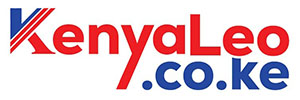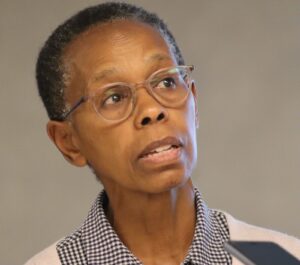

Stakeholders from the Waste Management sector are calling for sustainable policies across the region on the recycling sector , the event which was organized by Taka Ni Mali, the East Africa Business council and Alliance for Science has provided a platform for sector players to evaluate waste management policies across different sectors of the economy.
Permanent Secretary, Ministry of Environment, Climate Change and Forestry, Eng. Festus Ng’eno said: “Kenya is a leader in promoting waste recycling in the region, though waste recycling industries are faced with the challenge of operating in formalized, sustainable waste management systems. As such the volume of waste collected has not been optimized based on market requirements.”The conference aims at uniting government institutions, private sector actors, development partners, and finance organizations to develop the necessary regional commitments to scale best-practice sustainable waste management models.
Africa currently generates about 80 percent of solid waste, which is worth an estimated eight billion dollars annually if recycled. Only around 11 percent is recycled, mainly by the informal sector. By 2050, Africa’s population will increase to 2.4 billion and eventually reach 4.2 billion by 2100.
Dr. Sheila Ochugboju, Executive Director of Alliance for Science said,East Africa is taking the lead in waste management and sustainability issues.
“Countries like Rwanda and Kenya were the first to institute a plastic ban. “Many countries in the Global North are struggling to catch up, but due to population growth, rapid urbanization, and an emerging middle class, there is an urgent need for African countries to accelerate action on waste management as an integral action on climate change and to address current waste management challenges and prepare for the expected growth in waste generation in the coming century.” Says Dr Sheila.
Mary Ngechu, the patron of Taka Taka ni Mali, said: “This conference aims to identify policy and regulatory priorities for sustainable waste management, showcase innovative approaches in commercializing sustainable waste management, demonstrate the use of technology in sustainable waste management, and adopt a plan of action for green financing investments in sustainable waste management.”
Taka Taka ni Mali is working to strengthen ecosystems of waste management in Africa and, as a connector between MSMEs, the private sector, policymakers, and development actors to increase investments in scalable innovations for waste management.
East Africa Business Council (EABC) CEO John Bosco Kalisa said climate change and the circular economy are priorities for the Council.
“The council has established a board subcommittee on climate change in partnership with GIZ-GFA and organized a dialogue on zero waste in East Africa. East Africans should embrace the concept of zero waste and transition our business models from linear to a circular economy,” said Mr Kalisa.
The conference is raising awareness of the issue of waste management and its impact on the environment as well as creating opportunities for investors in sustainable waste management. It is also encouraging governments and the private sector to adopt sustainable waste management practices, leading to economic growth in the region.





